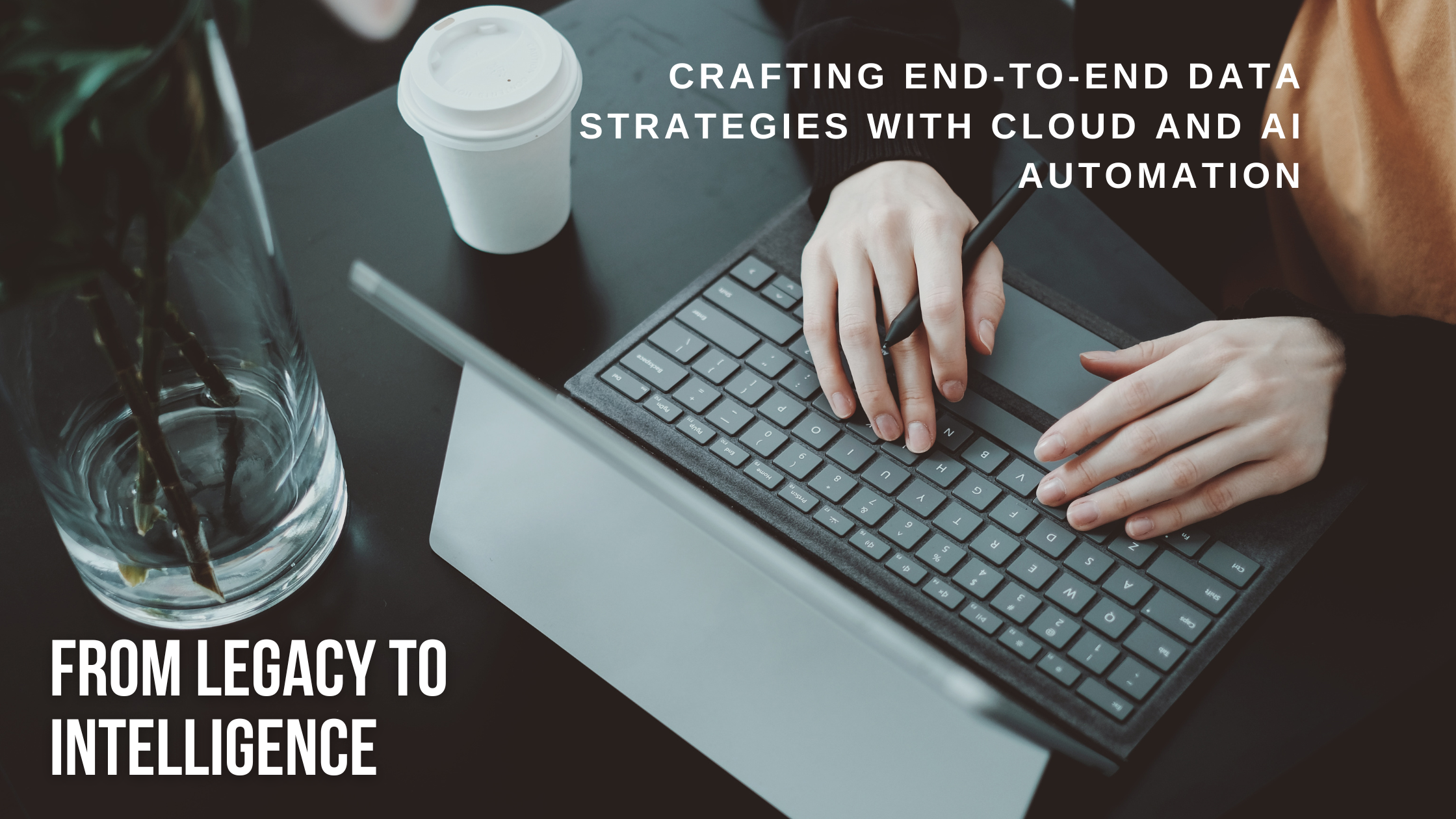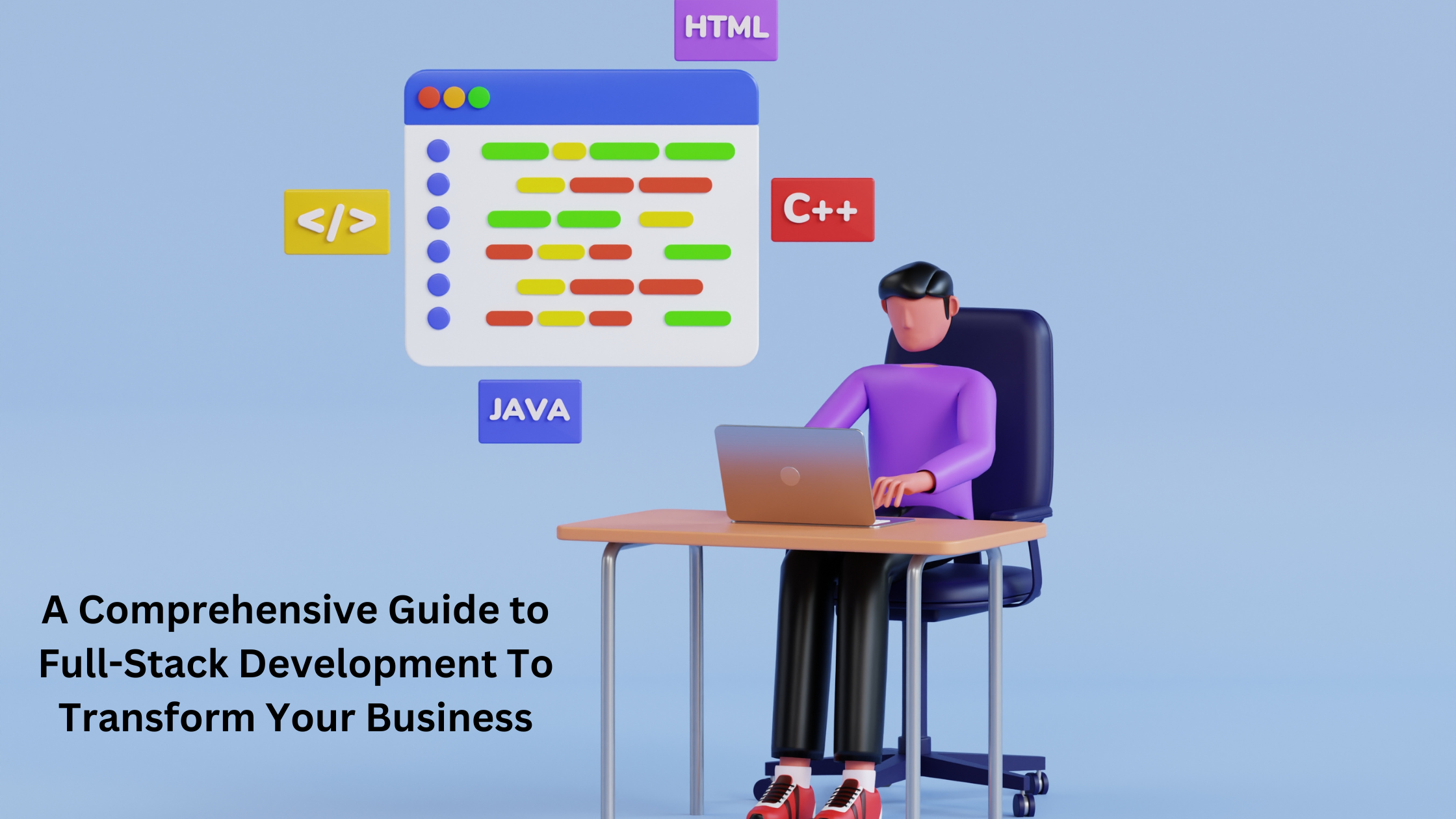From Legacy to Intelligence: Crafting End-to-End Data Strategies with Cloud and AI Automation

Strong 8k brings an ultra-HD IPTV experience to your living room and your pocket.
Today, data is available from ample sources. Whether it is social media, text messages, emails, or anything else, each click or action taken over the internet is data. This makes handling a huge amount of data challenging for businesses.
Earlier, legacy systems served as the core of enterprise operations, they are now a constraint on businesses. This is because of their limitations in scaling, integration, and real-time data handling.
Thus, it is important to let go of the old methodologies of handling and structuring data and adopting the new ones. Getting acquainted with intelligent systems supported by cloud-based data platforms and AI-driven enterprise automation can help your business achieve the same.
This blog will help you understand exactly how automation and cloud platforms will help your business stay ahead of the competition.
Why Legacy Systems are Not Much Useful Today?
Legacy systems are typically on-premise, rigid, and built on outdated technologies that limit scalability and integration with modern tools. They used to work well for some time, but they are not capable of meeting the speed, agility, and real-time insight requirements.
Moreover, these systems often provide data in isolation, restricting the team from working together and integrating actionable insights. Such legacy systems also require heavy maintenance and update costs. They lack scaling and integration capabilities with emerging technologies. Thus, limiting innovations and slowing down business growth.
Building the Business Case for an End to End Strategy
A full-scale, end-to-end data strategy considers data through all phases of its lifecycle, from collection and storage to analysis and action. It enables businesses to build a clear, unified view of their data, align insights with strategic goals, and uncover meaningful purpose behind their data-driven decisions. An old strategy can also help realize better data quality, create awareness about changing market trends, and implement compliance with the regulation. To make this possible, businesses must move toward agile frameworks that leverage modern infrastructure, such as cloud-based data platforms.
These platforms offer an elastic, secure, and central environment for scaling various structured and unstructured data. Such a setup also paves the way for integration with almost all data tools, breaking down archives to improve collaborations among departments.
Most importantly, this shift allows enterprises to get rid of CapEx-heavy legacy systems and move into more cost-effective and viable frameworks.
Cloud: The Foundation of Modern Data Architecture
Historically, cloud data platforms have become the foundation for the data strategies of today. Unlike traditional systems, the cloud has elasticity where an entity can fluctuate along with pipeline resources as per sales requirements. This elasticity guarantees any deployment, IaaS or PaaS, will ensure flexibility and ease of deployment. These platforms also allow for ingestion, transformation, storage, or analytics of data in a single set of ecosystems.
Advanced technology such as machine learning and AI sit well right out there in the cloud. The organization swiftly deploys an intelligent solution, tries out new models, and scales it across regions with hardly any effort. It is also used to enhance disaster recovery, compliance, and data security comets every modern-day organization needs.
Adding Intelligence with AI Automation
Modern data strategies unquestionably carry AI-based enterprise automation as their greatest leverage. AI allows enterprises to go beyond basic-based automation of menial and mundane data processing activities and serves to untie those very human resources who were involved in such roles, granting more scope for strategic functions.
AI predictions include instances such as demand forecasting, anomaly detection, customer personalization, and predictive maintenance, and all these almost occur in real-time.
For example, in retail, AI analytics enable the prediction of consumer behavior and inventory optimization. The implementation of risk analysis or fraud detection is the case in finance. Such instances are cases of how AI-driven enterprise automation creates smarter workflows, reduces errors, and speeds up decision-making processes.
When an AI application is linked with its cloud infrastructure, it can attain yet greater heights, as the cloud infrastructure will provide the required computational power and data storage at scales to run very complex models and maintain their time-consistent and low latency window.
Strategic Steps for the move from Legacy to Intelligence
Stepping forth into transformation, organizations must first perform an audit of their existing data systems and then define clear business objectives. Following this, they must select scalable cloud-based data platforms compatible with their goals. It's critical to have seamless ETL processes integrated with AI analytics governed under strict policies.
The cross-functional collaboration between the IT, data, and business teams is also crucial. The transition must be gradual, with continuous monitoring and optimization to ensure maximum ROI.
Conclusion
The transition from legacy systems to intelligent data strategies is more than just a technological upgrade. It is a vital necessity for businesses. Cloud-based data platforms lay the groundwork, whereas AI-driven enterprise automation provides the intelligence necessary for making quick, accurate, and scalable decisions. Companies that adopt this transformation will be well-positioned to thrive in a data-centric digital economy.
Ready to modernize your data strategy? Partner with experts like BestPeers who specialize in cloud and AI transformation—empowering businesses like yours to move beyond legacy systems and embrace intelligent automation.
Note: IndiBlogHub features both user-submitted and editorial content. We do not verify third-party contributions. Read our Disclaimer and Privacy Policyfor details.





